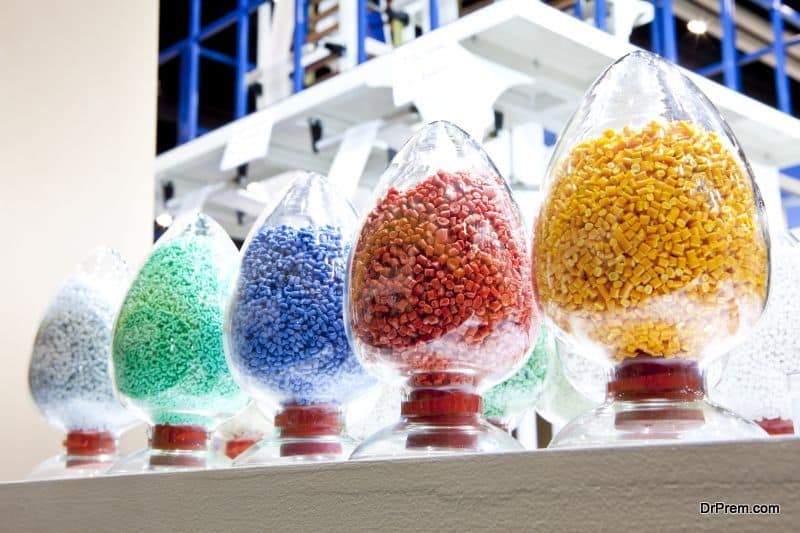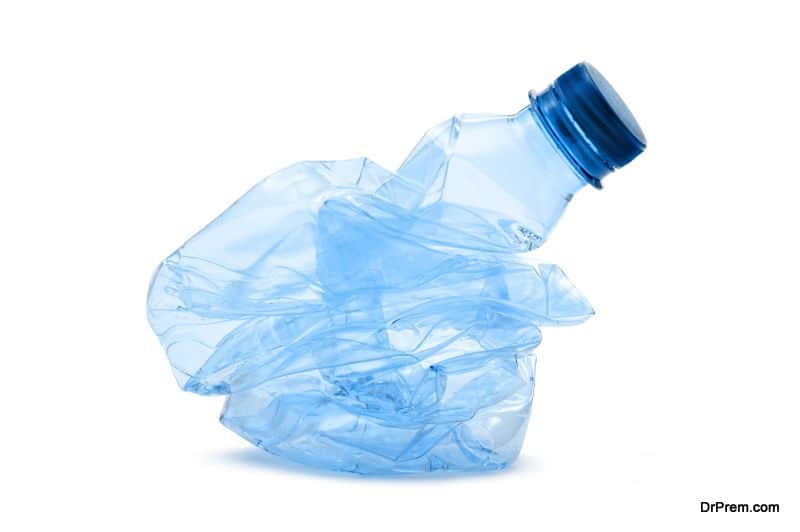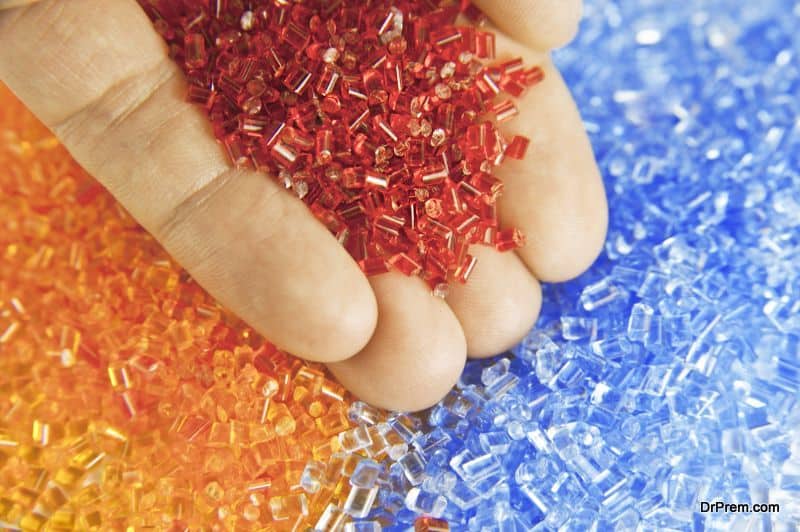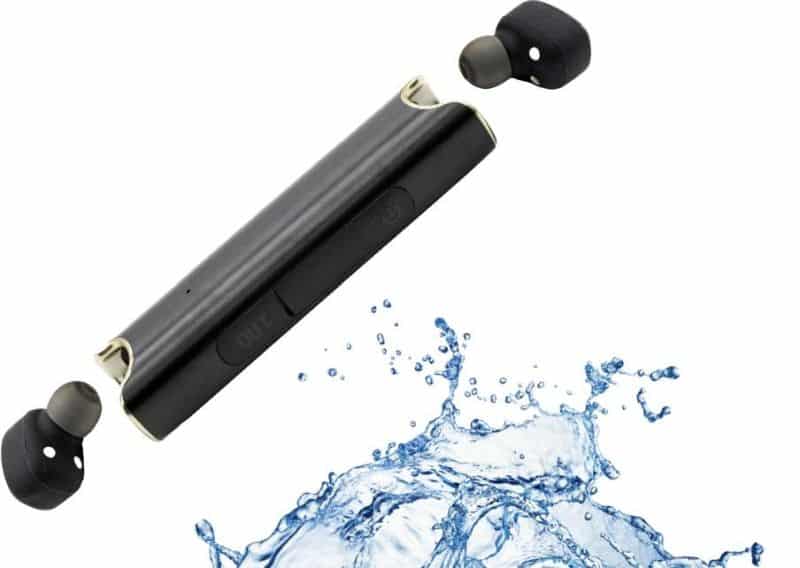Tons of waste plastic is filling up the landfills, causing a lot of plastic pollution. Much of the plastic landing up in our seas and oceans is causing death of birds and marine animals. Some plastics also bind with other industrial chemicals in the ocean, which leads to the danger of toxins polluting the food chain. 86% of the plastic, which is produced, is not recycled due to contamination of the material, or because it has a low financial gain after recycling. Some plastics are not recycled as they are made up of multiple materials which are difficult to separate, such as candy wrappers, containers for take-out, single coffee capsules, foil-lined soup and soymilk boxes etc.
There has been a lot of progress in recycling technology of late, and many companies have started to recycle LDPE plastics and so on. Here’s a look at some companies which are working on this groundbreaking technology:
BioCellection
LDPE or low-density plastics are everywhere – Ziploc bags, produce and grocery bags, etc, which are very difficult to recycle. They are not accepted by curbside programs for recycling, though some stores collect these and send to companies which convert them to plastic lumber and so on.
Though people do know that recyclers do not want LDPE plastics but still they put it along with other materials to be recycled. This material is the bane of recycling factories as they don’t have the processes in place to sort the low-density plastics, and so it blocks up the conveyance and sorting machinery.
Now, BioCellection is creating a process to convert LDPE into different chemical compounds, which can be used in many ways, such as cleansers and emulsifiers in textile manufacturing or cosmetics. The company is able to recycle LDPE through the use of genetic engineering. They feed the low-density plastic to a machine, which puts the plastic through a chemical treatment and breaks it down to powder form.
The powder is then put into a special bioreactor, which has genetically engineered bacteria. This bacterium eats the plastic powder and secretes a lipid which is then used as cleanser or emulsifier. This product can actually replace compounds which are manufactured using palm oil or petrochemicals. Thus, this unique recycled plastic can reduce habitat loss and deforestation caused in Indonesia and Malaysia, where millions of trees have been cut down to produce palm oil.
Agylix
Polystyrene is used to manufacture styrofoam cups, picnic cups, packaging peanuts etc. The polystyrene packaging is usually condensed and broken down to make crown molding and picture frames. If polystyrene is completely recycled back into the original material, it could reduce the demand for oil, and cut down on greenhouse gases.
The technology developed by Agylix breaks down the polymer to molecular form, which the company sells in liquid form. Agylix even has the know-how to convert polystyrene back to crude oil form, and it did so, till the price drop of crude oil made it unprofitable for them to keep on doing so.
Saperatec
Saperatec, a German company is recycling packaging made from mixed materials, such as cardboard, aluminum and plastic layers. You would have come across mixed material packaging in packaged soups, juices etc. This kind of packaging keeps extends the life of packaged foods, but they are hard to recycle.
Saperatec has developed a recycling process by which they can separate the different materials by soaking the packaging, after shredding them, in some chemicals. The separated materials can then be individually reused to manufacture other things. By 2019, the company has set the goal to recycle a whopping 18,000 metric tons every year.
Till now, the company only sources used packaging material from businesses, but they are working on a process which will enable them to use packaging from consumers, even when they are mixed with other trash.
Cadel Deinking
 This is another company which has started recycling plastics by removing the printed ink on them.
This is another company which has started recycling plastics by removing the printed ink on them.
The effort of all these companies is commendable as they have taken on the task of recycling low-density plastics, which causes the most plastic pollution in the world. Hopefully, other companies will follow suit, and help in preventing plastic from ending up in landfills and oceans.









